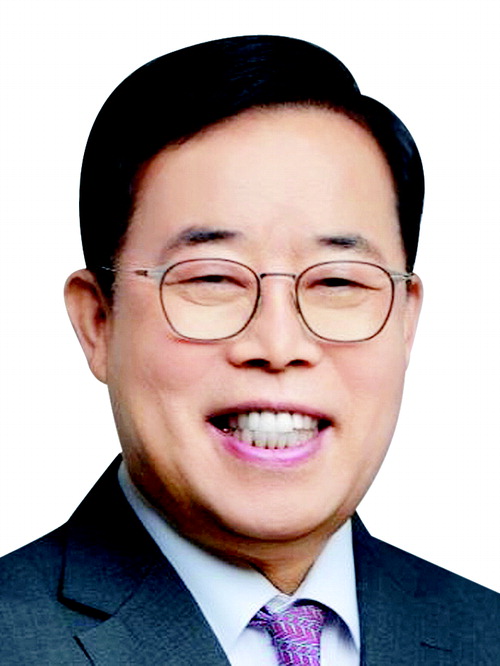
To overcome this, first of all, it is necessary to be able to flexibly adjust working hours through labor-management consultations like most advanced countries. Despite the recent fluctuations in the global artificial intelligence (AI) and semiconductor markets amid competition for supremacy between the U.S. and China, Korea's Special Act on Semiconductors is blocked by opposition parties and labor, which cannot escape the 52-hour framework. The situation in the Korean labor market is welcome from the perspective of a competitive country that operates flexible working hours through labor-management consultations.
Second, the time for 'fake labor' should be drastically reduced. Regardless of age or position, our office workers spend 30% of their daily working hours on fake labor. In 2023, Korea's total annual working hours are 1872 hours, the highest among OECD countries, but 30% of them are spent on coffee time, personal business, small talk, cigarettes, and web surfing, so "real working" hours are only 1,367 hours per year. This is the result of long working habits solidifying inefficiency and low productivity. On the other hand, developed countries thoroughly manage non-work hours through accurate attendance management systems and performance-based evaluations.
Third, it is necessary to correct the behavior of aristocratic unions that have already been materialized in developed countries in the 21st century. Frequent strikes by powerful hard-line labor unions cause productivity to decline. Repeated cargo solidarity strikes for more than two decades have caused about 4.14 trillion won in losses in major industries such as steel, petrochemicals, cement and automobiles in 2022, and have long-term adverse effects on economic reliability and investment environment beyond short-term damage. In addition, conflict promotion by interest groups such as "Loudspeaker protests to hire KCTU companies," "365-day protest banners," and "Acting for protests by Bin Chul-yeon (Vietnam Liberation Action Alliance)" at residential construction sites accelerate productivity degradation. In addition, it is necessary to eradicate labor-related institutions' unconditional favoring of workers and habitual forms of work that abuse unemployment benefits.
The era of the Fourth Industrial Revolution is hard to keep up with once it is behind. Korea should also increase labor productivity to match the world's top 10 economic powers. It can also consider introducing a German-style labor-management joint decision system to increase productivity by participating in major decisions together with workers and management, or sharing the interests of members and industrial development with practical labor unionism like the U.S. Entertainment Industry Labor Union. In order to reduce fake labor, performance-oriented work and intensive work should be spread. It is also necessary to stop the hard-line labor unions from colluding with politics to hamper companies. It is also necessary to improve the working environment so that cutting-edge technologies such as AI can be actively utilized to increase work efficiency, automate repetitive tasks, and focus on creative and high-value-added tasks. Finally, improvement of labor policy involving the government, the National Assembly, companies, and workers should also be promoted.
[Park Sung Joong, chairman of the Korea Productivity Division]














